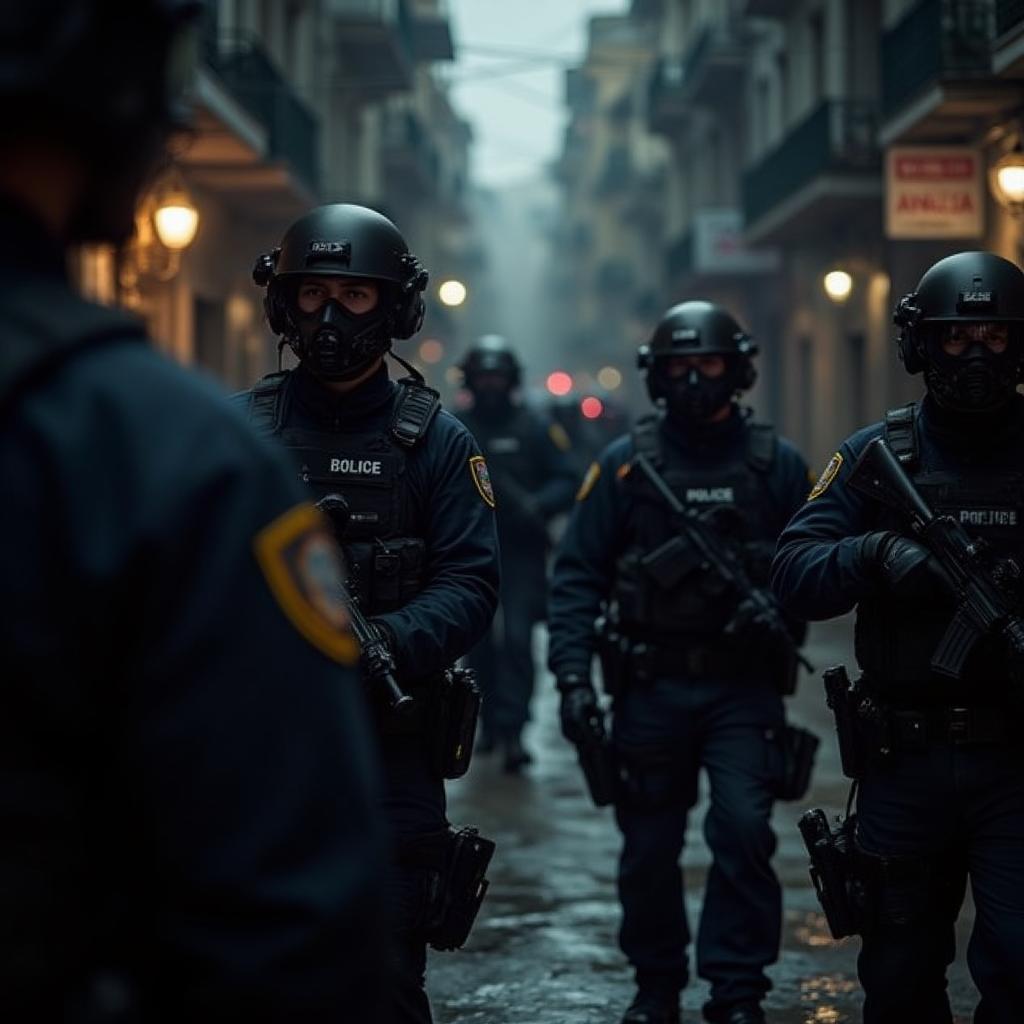
A Venezuelan gang that started in a prison is now a top target of the Trump administration’s immigration raids. Tren de Aragua, an organized crime group, has been flagged as a serious threat by recent executive actions taken by President Donald Trump.
On the first day of his second term, Trump signed executive orders calling for the gang to be classified as a foreign terrorist organization. The order specifically names Tren de Aragua and the Salvadoran MS-13 gang, citing their violent activities in the U.S. and abroad. The administration also pushed for Mexico’s drug cartels to receive the same designation.
This move follows the Biden administration’s earlier decision in July to label Tren de Aragua as a significant transnational criminal group. Recently, a high-ranking member of the gang was arrested in New York City, and two others were detained in Atlanta.
Tren de Aragua, known as “TdA,” began in a Venezuelan prison and has expanded its reach across Latin America and into the United States. The gang is involved in human trafficking, extortion, kidnapping, and drug smuggling. They’ve been accused of exploiting Venezuelan migrants, particularly in sex trafficking operations, and have been linked to violent crimes across the region.
Law enforcement faces challenges in tracking the gang’s U.S. presence. Some Venezuelan immigrants in Florida and other states have reported seeing similar criminal activities they fled in Venezuela. However, experts suggest the gang’s reputation in the U.S. might be growing faster than its actual influence, with no clear evidence of coordinated cells or leadership connections here.
The gang’s name traces back to a failed railway project in Venezuela, and its leaders once operated out of the infamous Tocorón prison, which they controlled. Recent raids on the prison revealed luxurious amenities like swimming pools and restaurants, along with a massive arsenal of weapons.
While U.S. sanctions aim to disrupt the gang, some analysts argue they may have limited impact on its day-to-day operations. However, the increased focus could lead to more aggressive law enforcement efforts.
As migration patterns shift, Tren de Aragua has followed, establishing criminal networks along the way. Recent incidents, including a kidnapping in Colorado, have highlighted their growing presence.
The Trump administration’s crackdown signals a stronger stance against transnational crime, but the full scale of Tren de Aragua’s operations in the U.S. remains unclear.
